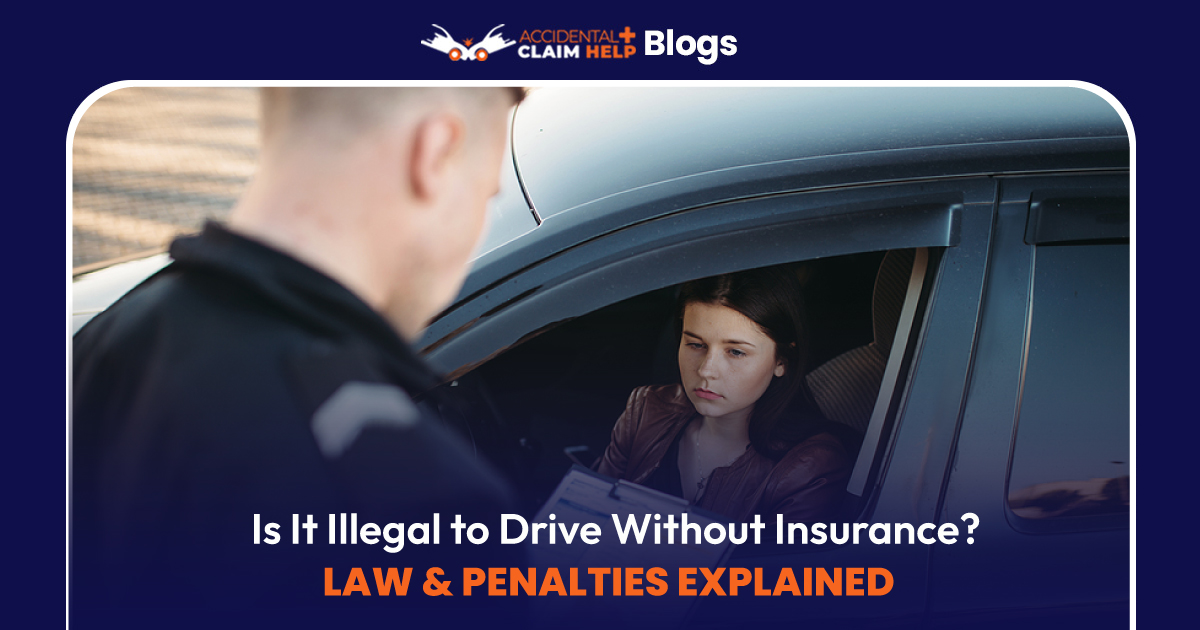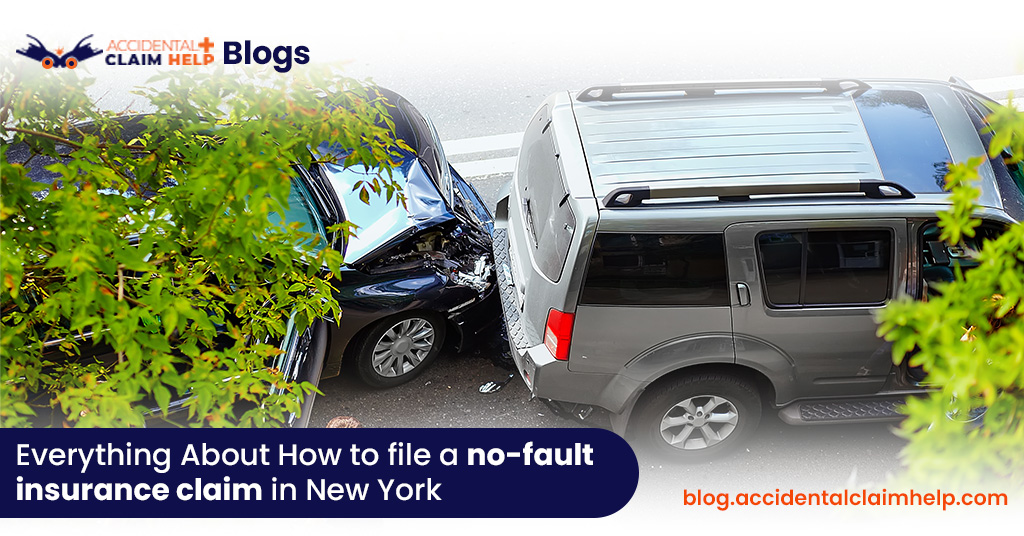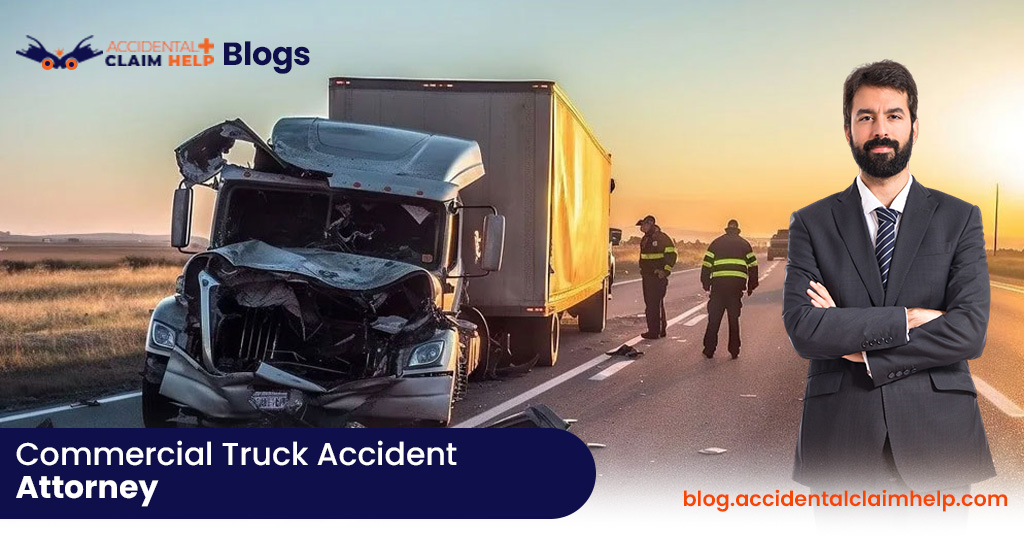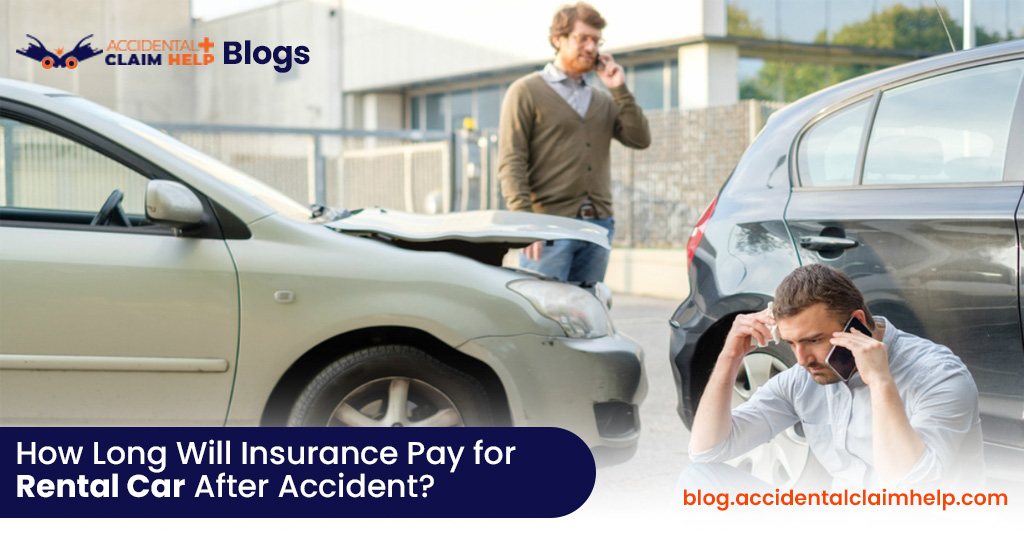Is It Illegal to Drive Without Insurance? Law & Penalties Explained
Yes, driving without insurance in most states and countries is illegal. Driving without valid auto insurance can lead to serious penalties, including big fines, license suspension, vehicle impoundment and even jail time in some cases. Laws vary by state, but nearly every region requires at least minimum liability coverage to protect other drivers and pedestrians in case of an accident. Not having insurance puts you at financial risk and exposes you to legal consequences that can be costly and long-lasting.
In this blog, we will cover the legality of driving without insurance, the penalties involved, exceptions to the rule, and how to stay compliant with insurance laws.
Understanding Car Insurance Laws
Car insurance laws exist to ensure financial responsibility in the event of an accident. While requirements differ by state and Country, most governments mandate some level of auto insurance coverage to protect drivers, passengers and pedestrians.

Minimum Insurance Requirements
Each state or Country has its minimum insurance requirements. Generally, these include:
- Bodily Injury Liability (BIL): Covers medical expenses and compensation for injured parties in an accident you cause.
- Property Damage Liability (PDL): Covers damage to another person’s property, including vehicles and structures.
- Uninsured/Underinsured Motorist Coverage: Some regions require this coverage to protect you if the at-fault driver has no insurance.
Some states allow alternatives such as posting a bond or making a cash deposit with the motor vehicle accident department, but these options are rare and expensive.
Related Post: How Much is Urgent Care Without Insurance?
Penalties for Driving Without Insurance
Driving without insurance can result in several legal consequences, ranging from fines to criminal charges, depending on the severity and frequency of the violation.
1. Fines and Penalties
The most common penalty for driving without insurance is a fine. The amount varies by state and increases for repeat offences.

2. License and Registration Suspension
Many states suspend your license and registration if you’re driving without insurance. You’ll sometimes need proof of insurance (SR-22) to get reinstated.
3. Vehicle Impoundment
Some jurisdictions can impound your vehicle if you’re caught driving uninsured. Getting your car back can be expensive as you’ll have to pay impound fees and proof of valid insurance.
4. Jail for Repeat Offenders
In some states and countries, repeat offenders can face jail time. For example, in Michigan, multiple offences can get you up to 1 year in jail.
Other Consequences of Driving Without Insurance
Beyond the legal penalties,s there are other big consequences of driving without insurance.
1. Higher Insurance Rates
If you’re caught driving uninsured, future insurance rates will go through the roof. Insurance companies view uninsured drivers as high risk and will charge more.
2. Personal Financial Liability
Without insurance, you’re personally responsible for damages or injuries caused by an accident. This can mean lawsuits, wage garnishment or asset seizure.
3. Can’t Register a Vehicle
Some states require proof of insurance before you can register a vehicle or renew your plates. Without coverage, you can’t legally drive.
Exceptions to Insurance Requirements
Though insurance is required almost everywhere, there are a few exceptions:
- Self-Insurance: Wealthy individuals or large businesses can self-insure by showing financial responsibility.
- State-Specific Alternatives: A few states allow you to post bonds or deposits instead of traditional insurance.
- Temporary Permits: Some jurisdictions issue temporary permits for unregistered vehicles but with restrictions.
Conclusion
Most states make it illegal to drive without insurance, and the consequences are serious. Fines, license suspension, vehicle impoundment, and lawsuits make it imperative to have insurance at all times. To stay compliant, know your state’s laws, have adequate coverage, and always carry an insurance card. Doing so can avoid fines and provide financial protection in case of an accident.







